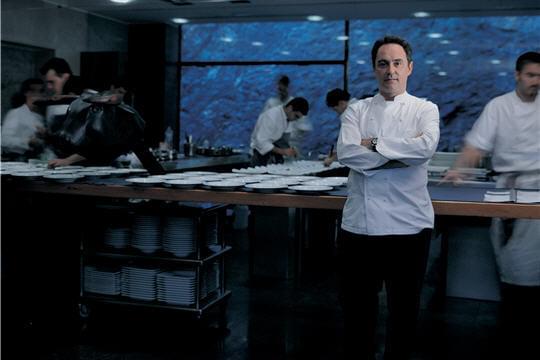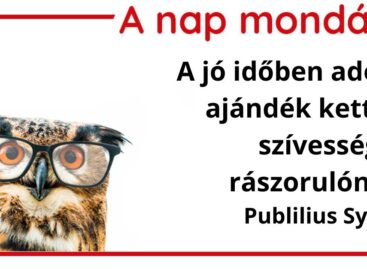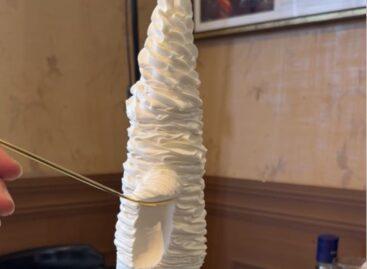Adriá has terrific plans for the future
The chef and co-owner of El Bulli, the modest-looking restaurant in northern Catalonia that has been repeatedly judged the world’s best place to dine, could have extended his franchise around the globe as other chefs have done and opened El Bullis in London, New York and Tokyo and elsewhere.
Instead – in an announcement that shocked the thousands who strive each year to secure a reservation at the 15-table, 50-seat restaurant – Mr Adrià declared in January last year that he was closing it for guests from the end of July this year and turning it into a kind of creative research laboratory.
This was typical of the restless Mr Adrià and his partner Juli Soler. They are innovative and creative not just in the kitchen but in the way they choose to run the business and the educational activities increasingly attached to it.
Rather like one of his famous foams – they included scrambled egg foam, and raspberry foam served with Szechuan pepper ice-cream – Mr Adrià and those around him are always bubbling with ideas. They have championed the application of scientific methods to cooking, both through ElBullitaller (the creative workshop) and by supporting Catalonia’s Alicia (Alimentación y Ciencia) Foundation near the monastery at San Benet de Bages.
Among the latest initiatives are 41º and Tickets, a cocktail bar and a tapas bar opened by Ferran and his brother Albert in Barcelona, and Ferran’s new role as a teacher at Harvard University, where he says he will talk not only about the science of cooking but also give classes in creativity.
But he makes it clear in an interview at El Bulli, next to a quiet cove near Roses just south of the French border, that the most important project of the moment is the new foundation that will take over El Bulli after it shuts its doors as a restaurant in the summer.
“I never said I was going to retire. Every five or six years, we’ve transformed ourselves,” he says. “We are rebuilding our whole corporate structure. Now the apex is the foundation. I’m going to fulfil my dream. I have the chance to do it. Dreams are not supposed to come true, but in our case they do.”
He makes a comparison with Barcelona, his favourite – and generally victorious – football team. “I won for many years, but the system doesn’t let you win all the time. The system could be tired of Ferran Adrià and El Bulli, so before the system gets tired of you, it’s better to invent a new system.”
For Mr Adrià, a crucial aspect of the research and development to be done at the foundation by the 30 or so people who will attend is that everything – successes, failures and near-misses – will be shared with the outside world. “Each day on the internet – that’s the revolution – we’ll publish everything we’ve done, like a digital newspaper.
“It’s as if Norman Foster said tomorrow he was going to close his studio, set up a foundation there, continue creating and share everything. I’ve had lots of luck in life. I’m not a multimillionaire. I don’t have Ferraris or yachts. I have a normal life.
“We’ll have interns, but not only young people – let’s say the head of a hotel kitchen in Thailand, in Bangkok, he could be 50 years old. If his dream is to create and he has never been able to do it, he can take a year’s sabbatical, and if he’s talented, he can come.”
Related news
Related news
Insura.hu: skiers going abroad took out ski insurance for an average of 930 forints per day in the first half of this season
🎧 Hallgasd a cikket: Lejátszás Szünet Folytatás Leállítás Nyelv: Auto…
Read more >(HU) A nap mondása
🎧 Hallgasd a cikket: Lejátszás Szünet Folytatás Leállítás Nyelv: Auto…
Read more >






